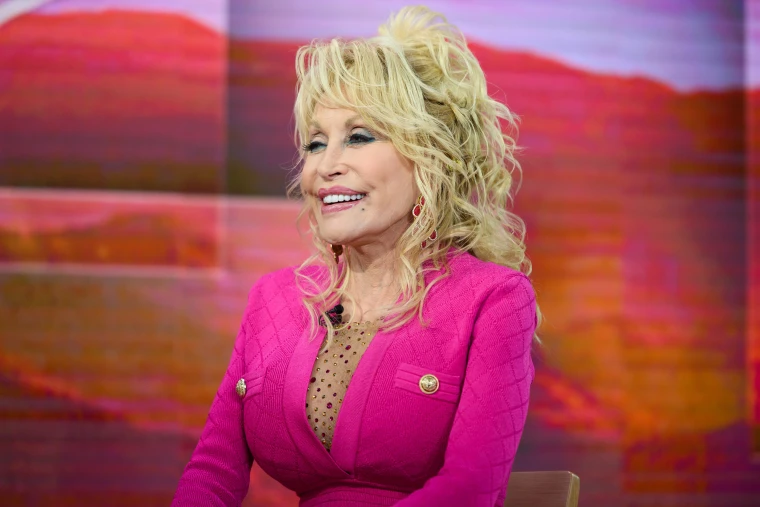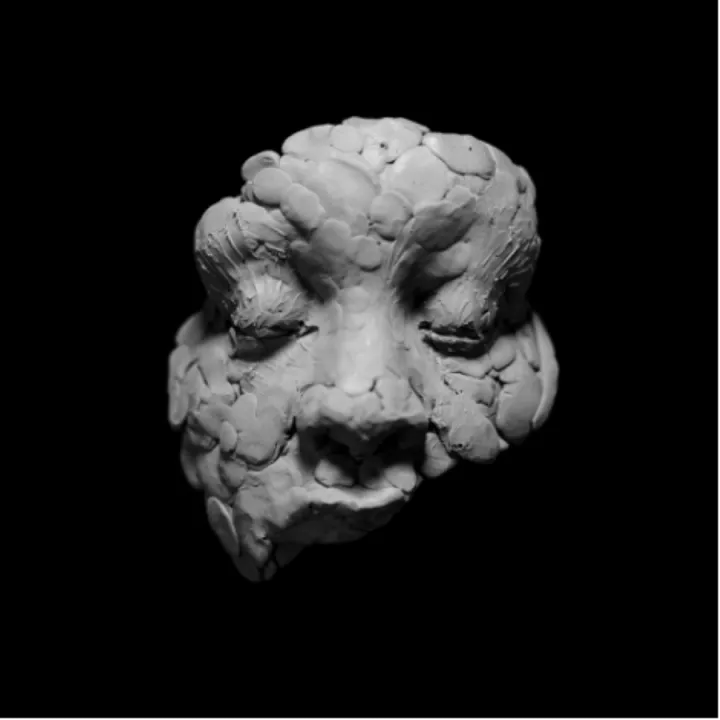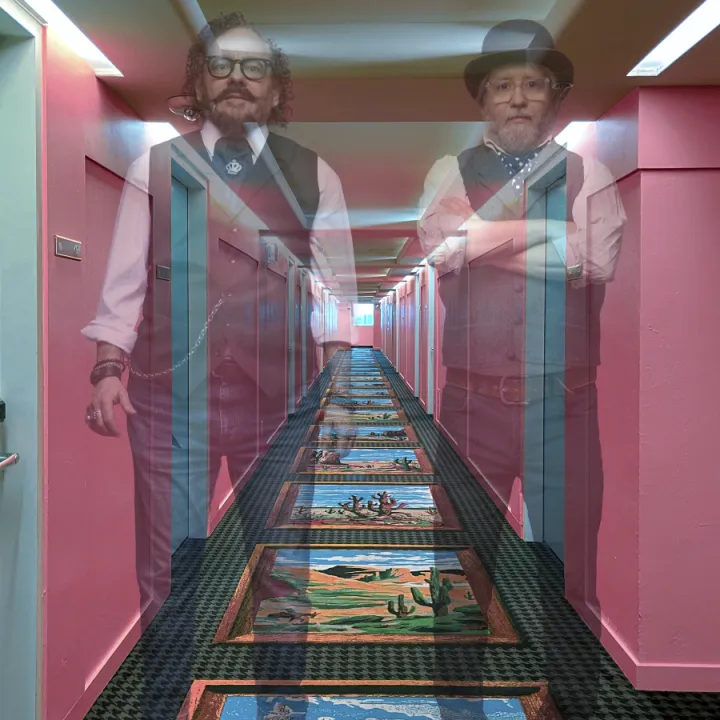Dolly Parton Won't Save Us

Howdy, cowpokes! This article is EXCLUSIVE to those who pre-order issue 3 of Rainbow Rodeo! We’re in the midst of raising funds for it, so click here to donate or subscribe to the zine!
Dolly Parton has had a busy spring, noted by things that she has done, and things that she has failed to do—she released two significant singles, and she has not said anything at all about the anti trans legislation in Tennessee–the two singles might be a clue to the inaction on the Trans issues–Parton trying to be all things to all people.

The single with Rexha, Seasons, is doing alright–having 1.8 million views on YouTube, though not officially charting. It’s the fourth single that Rexha has released this year, but this one, singing along with Dolly—two soft voices singing intricate harmonies, elucidating exactly how death is unavoidable, and how it is frightening, foregrounds Rexha’s literal voice, Parton doing less of the heavy lifting. That she can foreground the voice of Rexa’s, someone who describes herself as “sexually fluid”, in a way which has a definitive queer merging, means that Parton is not afraid of queerness’ potential, though perhaps not nearly as explicit as we would like.
When she does become explicit about politics–it is in a song like “World on Fire”, a rave up of a bluegrass number. It’s angry, in its way–but the anger settles on seeking a middle ground, namely “Oh, can we rise above?/Can’t we show some love?” Though there is a line about school shootings, it is placed in stark relief, with a conversation which equates it with political protest; in the same way, that the song talks about how “When did we lose in God we trust”. These two singles–a song with a queer performer which is not queer enough, and a protest song which seeks a middle but only speaks for reactionary talking points is not the Dolly that progressives want, but for people that have paid attention to her, it’s the way that Dolly has always been.
Dolly, in 2023, with the anti trans legislation, and the increase in anti-trans violence, is showing her whole face, a face which has historically played with queer tropes but was never fully committed to queer liberation—she’s too good a capitalist for that.
The queer work that Parton does is at the edges of her career, an afterthought in interviews and in film appearances. She is trying to make sure that everyone is happy, even in spaces where she is most queer is that Oscar-nominated song? The chorus is generic, and she makes sure to mention both men and women—not together, but as a general example of humanity. The potential for depicting queer or trans lives is reduced to an iconic pilgrim tale. She is brilliant at storytelling, but for her queer audience, there is a sense that her gifts of specificity are not for us. Talking to fellow country critics about Parton, I am reminded again and again that she is still a capitalist, that her central goal is to preserve as wide of an audience as humanly possible, and to have a centrist political spot, a space where no one is isolated, and no one is offended. Think of how until 2017 Dollywood hosted Dolly Parton’s Dixie Stampede, a dinner-theater show in which very night people could choose to either cheer on the Confederacy or the Union, where the Confederate flag was displayed and Southern aggrievedness was legitimated.
Want to read more? Subscribe to the Rainbow Rodeo Patreon or pre-order issue 3 of the zine!


